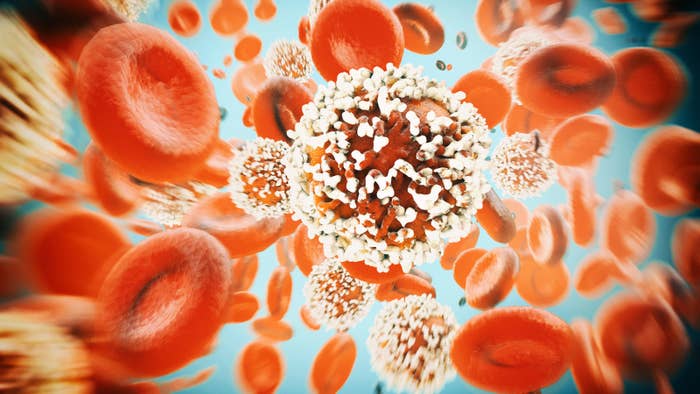
The Silicon Valley cancer-detection startup Grail, which has raised $1 billion, recently lost two top executives — the latest in a handful of departures, BuzzFeed News has learned.
Franz Och, Grail’s head of data science, left in October, two people with knowledge of the company told BuzzFeed News. Before joining in September 2016, Och was the chief data scientist at Human Longevity, a genome-sequencing startup, and before that, he was the chief architect of Google Translate.
And Mark Lee, who joined in January 2016 as head of clinical development and medical affairs, left in September, according to his LinkedIn profile. Lee was previously a top scientist at Verily, Alphabet’s experimental biotech division. He is now at the pharmaceutical giant Roche.
These departures were previously unreported. It’s not clear why Och and Lee left. They did not return requests for comment.
“We recently underwent a reorganization to focus on nearer-term, unanticipated product opportunities from our R&D organization,” Grail spokesperson Charlotte Arnold told BuzzFeed News by email when reached for comment. She said the company would soon announce new hires and updates on its clinical trials.
Och and Lee left after CEO Jeff Huber, an ex–senior Google executive, stepped down in August in an executive shuffle that occurred with little public explanation. Though he kept a board seat, he was replaced by chairman Bill Rastetter. And as Axios reported Monday, Vikram Bajaj, Grail’s head of precision medicine and translational science — and the former cofounder of Verily — recently left for a private equity firm.
Bajaj and Och have joined Grail’s scientific advisory board, Arnold said.
Grail is among a handful of biotech startups racing to develop blood tests that can detect early signs of cancer — and to get there first, it raised an eye-popping $900 million in March, on top of $100 million in 2016. It’s a spinout of the DNA-sequencing behemoth Illumina.
Its funders include tech billionaires Jeff Bezos and Bill Gates; internet companies like Amazon and Tencent; high-profile venture capital firms like ARCH Venture Partners, Sutter Hill Ventures, and GV (formerly known as Google Ventures); and pharma companies like Bristol-Myers Squibb, Celgene, and Merck.
One of its competitors is Freenome, which raised $65 million in the spring from investors like Andreessen Horowitz and Verily. The latter has also given Freenome lab space. Yet another rival, Guardant Health, has raised a total of $550 million.
But developing an accurate “liquid biopsy” test, which detects tumor DNA in blood, is highly difficult. And the companies racing to develop it have revealed little about the science behind their visions.
Grail, at least, published a study in August in the New England Journal of Medicine. The study followed about 20,000 men in Hong Kong, and found that a type of throat cancer could be detected in a blood test and treated early. The scientist in charge of this study merged his startup, Cirina, with Grail earlier this year.
CORRECTION
Mark Lee joined Grail in January 2016. An earlier version of this post misstated the date.
